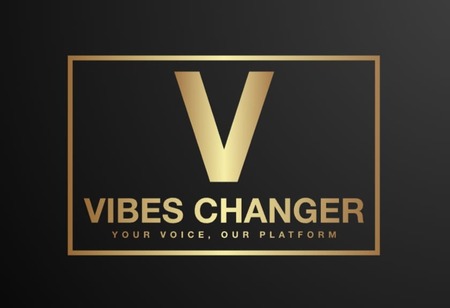Food is one of the most exciting ways to explore the world without leaving your home. Every dish carries the history, culture, and traditions of the place it comes from. From rich spices to fresh herbs and unique cooking methods, food reflects the lifestyle and creativity of different communities.
One of the most enjoyable parts of food is discovering new flavors. Trying different cuisines allows us to experience something new and exciting. A single meal can introduce us to ingredients we have never tasted before, making every bite a small adventure.
Street food is another fascinating part of food culture. In many places, small stalls and local vendors serve some of the most authentic and delicious meals. These dishes are often simple but packed with flavor, offering a true taste of local life.
Cooking at home is also a wonderful way to appreciate food. Preparing meals from scratch helps us understand ingredients better and gives us the freedom to experiment with flavors. It can be relaxing, creative, and rewarding to see a dish come together from simple ingredients.
Food also has the power to bring people closer. Sharing meals with family and friends creates special moments and strengthens relationships. Conversations around the table often become the most memorable parts of the day.
In a fast-paced world, taking time to enjoy food can remind us to slow down and appreciate life’s simple pleasures. Whether it’s a homemade dish, a restaurant meal, or a quick snack, food continues to be a source of joy and connection for people everywhere.
#FoodJourney #TasteTheWorld #FoodDiscovery #FoodCulture #FoodPassion #HomeChef #FoodAdventures #GlobalFlavors #EatGoodFeelGood #FoodExperience #VibesChanger
#BuzzCreatorsDigitalMedia
Exercise is more than just a physical activity — it is a celebration of what your body can do. In a time when many…
ArtificialIntelligence (AI) is no longer a futuristic concept found only in science fiction. It has become a powerful force transforming how we live, work,…
Fashion is more than fabric stitched together — it is identity in motion. Every outfit we choose tells a story about who we are,…
Beauty is not just about flawless skin, perfect hair, or the latest makeup trends. It is a reflection of confidence, self-care, and authenticity. In…
Food is more than fuel. It is memory, identity, creativity, and comfort served on a plate. Across the world, every culture tells its story…
In today’s fast-paced world, prioritizing health is more important than ever. Exercise is not just about improving physical appearance—it’s about strengthening your body, sharpening…
Food is more than fuel — it is culture, comfort, creativity, and connection served on a plate. From family dinners to street-side bites, every…
ArtificialIntelligence (AI) is no longer a futuristic concept found only in science fiction. It is now a powerful force shaping industries, businesses, and everyday…

